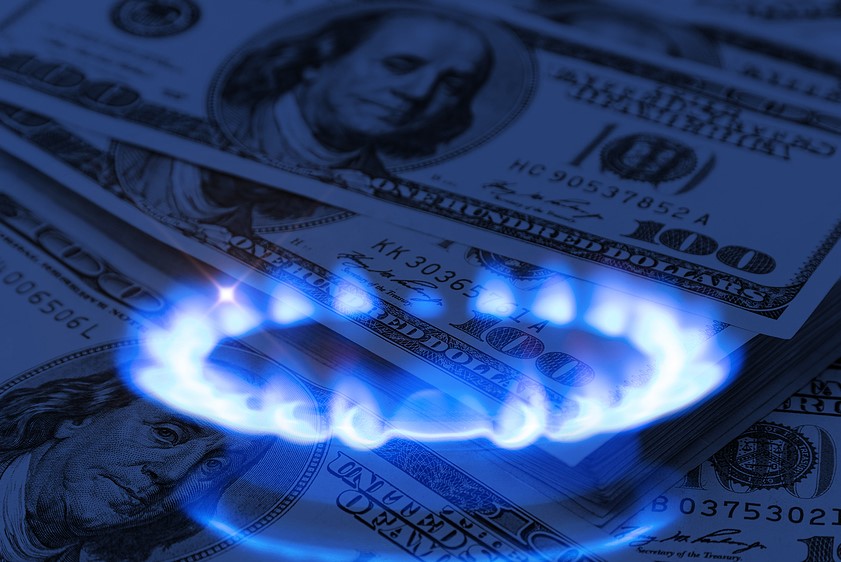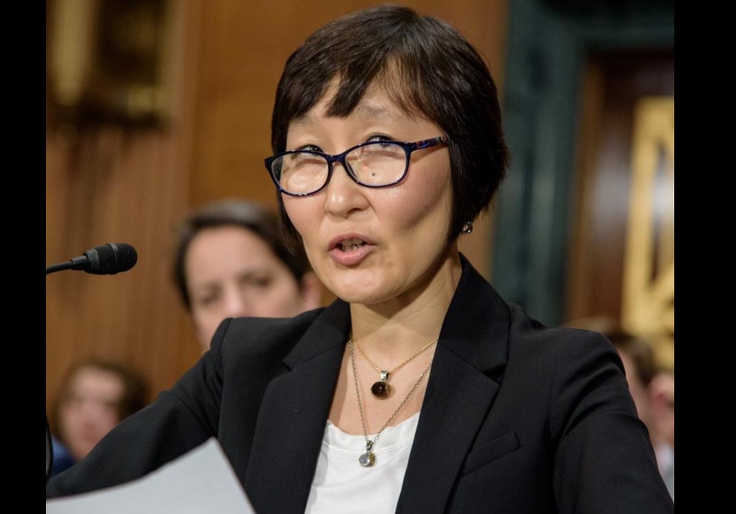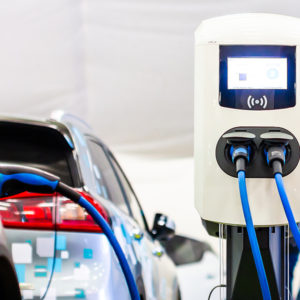Biden’s Energy Policy Blunders Create Headaches for PA Dems

President Joe Biden’s comments about energy policy the weekend before Election Day raised questions about his party’s leadership on a key issue as temperatures drop and heating bills rise. His latest missteps, critics say, reflect Biden’s overall energy policy failures.
On Saturday, Biden stunned coal-country allies like Sen. Joe Manchin (D-W.Va.) by announcing coal-fired power plants will be “shutting down.”
Biden followed up on Sunday by promising progressive students at Sarah Lawrence College, “no more drilling…there is no more drilling…I haven’t formed any new drilling.”
Republicans immediately linked Biden’s comments to vulnerable Democrats like U.S. Senate candidate John Fetterman.
“Like almost every issue, John Fetterman and Tim Ryan are frauds when it comes to energy policy,” said Chris Hartline with the National Republican Senatorial Committee. “Despite their lies on the campaign trail, they’re all in with Joe Biden to reduce domestic energy production, eliminate fossil fuels, end fracking and shut down coal plants.
“At least Joe Manchin has the balls to occasionally stand up to Joe Biden on energy,” Hartline added. “Can’t say the same about John Fetterman and Tim Ryan.”
The White House quickly walked back Biden’s comments, but members of the energy sector say it is part of the administration’s long-standing anti-fossil-fuel energy policy that began when he first took office.
For example, last week Biden took another shot at oil companies, saying they have been making record profits from things such as the Russia-Ukraine war and can afford to bring down prices.
“In the last six months, six of the largest oil companies have made more than $100 billion,” said Biden, standing with Treasury Secretary Janet Yellen and Energy Secretary Jennifer Granholm. “I think it’s outrageous what their – the – size of the profit.”
If oil companies passed that on to consumers, Biden claimed the price of gas would decrease by around 50 cents. Consumers might appreciate that, especially with the national average for a gallon of regular at $3.75. At this time last year, the national average was $3.40.
“They have a responsibility to act in the interest of their consumers, their community, and their country, to invest in America by increasing production and refining capacity,” said Biden about oil and gas companies. “If they don’t, they’re going to pay a higher tax on their excess profits and face other restrictions.”
American Petroleum Institute (API) president Mike Sommers was not holding back his thoughts on Biden’s remarks. Speaking Tuesday at a press call, Sommers told reporters Biden “repeated the same debunked assertions he’s made in the past” and again arrived at a policy proposal that Sommers said would do the exact opposite of what would help U.S. families and businesses.
“Increasing taxes on American energy discourages investment in new production, which is the exact opposite of what we need to do,” said Sommers. “Oil companies do not set prices. Global commodity markets do, (and) canceling pipelines, increasing duplicative regulations, asking foreign producers to increase oil production, or more baseless accusations of price gouging all send the wrong signal to the markets, and to the American energy producers working every day to provide the fuels we all need.”
Progressives praised Biden’s comments. In a tweet, Occupy Democrats said Biden brought down the “hammer on oil companies for gouging Americans,” and that they should stop war profiteering.
“The American people are going to judge who’s standing with them and who is only looking out for their own bottom line,” said Biden.
Some Republicans said Biden’s release of oil preserves was designed to win votes, not solve policy problems. API has released a “10 in 2022: Ten Policies to Unleash American Energy and Fuel Recovery” plan. API’s Frank Macchiarola said it could spur nearly $200 billion in direct investment, generate over 225,000 jobs by 2035, and support production growth in things such as natural gas and oil.
“America can continue to be the world’s energy leader, but it’s going to take solutions,” said Macchiarola. “To date, the Biden administration has made unfounded claims of price gouging, emptied one-third of the supplies in the Strategic Petroleum Reserve, unsuccessfully asked OPEC to increase supplies two years in a row and now it’s proposing to tax U.S. companies competing globally, (but) that’s not a plan.”
The 10-point plan calls for things such as lifting development restrictions on federal lands and waters, fixing the permitting process to speed things up, accelerating liquified natural gas (LNG) exports, and advancing the energy workforce of the future by pushing and supporting Science, Technology, Engineering, and Math (STEM) programs to “nurture the skills necessary to construct and operate oil, natural gas, and other energy infrastructure.”
For an energy-rich state such as Pennsylvania, the 10-point plan could do a lot.
“Pennsylvania sits atop a portion of the Marcellus shale, the largest estimated proved reserves of any U.S. natural gas field. But limited pipeline takeaway capacity has constrained production in recent years and driven prices higher in consuming regions that lack sufficient access to these resources,” said API Pennsylvania Executive Director Stephanie Catarino Wissman. “Enabling the construction of previously canceled and currently stalled pipeline projects could support additional supply from the Appalachia region to key U.S. Northeast and Southeast markets.”
David N. Taylor, President and CEO of Pennsylvania Manufacturers’ Association is interested, and not just for his industry but all industries.
“Energy independence is critical for American national security,” said Taylor. “At every opportunity, the Biden administration has sought to suppress domestic energy production, whether by killing the Keystone XL pipeline, yanking leases in Alaska, banning the harvesting of energy on federal lands, stacking the Federal Energy Regulatory Commission (FERC), or villainizing domestic energy and the Americans who produce it.”
Referring to Biden’s international requests for oil-producing countries to increase their production and help combat rising prices, Taylor said Biden would rather reward enemies of democracy like Venezuela than permit increased energy production here at home.
“Joe Biden has no idea what he’s talking about.”





